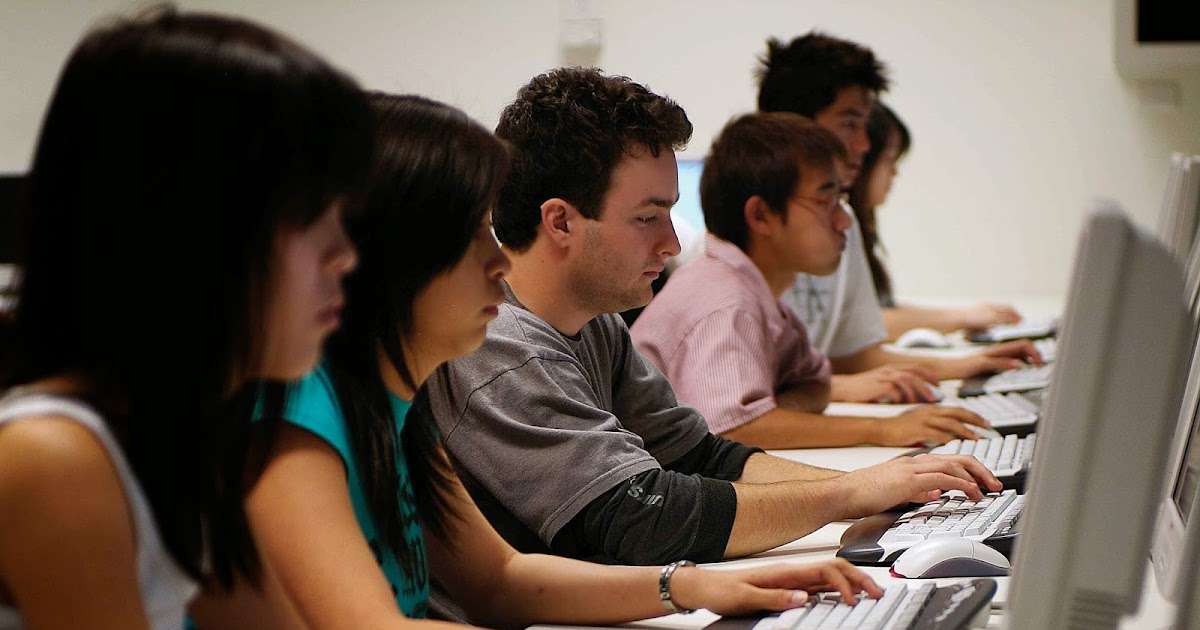
28 May Can International Students Work During Study in Kyrgyzstan?
It’s an exciting endeavor, and Kyrgyzstan is gaining popularity as a place for international students because of its low cost of education and rich cultural experiences. But, a crucial concern that many prospective students ask is whether they can earn a living while studying in Kyrgyzstan. Understanding the regulations for work and the opportunities available to make the most of your time in Kyrgyzstan is essential.
Understanding Kyrgyzstan’s Education System
Kyrgyzstan has a range of educational and university programs that cater to a variety of academic needs. From engineering courses to medical and business degrees, students have a wide range of choices. The education system has been designed to make it inclusive and welcoming, making it a desirable location for students from all over the globe.

Legal Framework for International Students Working in Kyrgyzstan
Before you start looking for a job, it is important to know the legal rules that govern the employment of students in Kyrgyzstan. Specific laws govern the rights to work that international students have. These laws are designed to help students concentrate on their education while working on their skills.
Visa Requirements and Work Permits
International students must have an appropriate visa to work and Study in Kyrgyzstan. Various types of student visas are available, each with specific rules. A student visa typically permits you to remain on the territory for the study period. However, you must have an additional work permit. Obtaining a work permit requires submitting various documents, such as proof of enrollment and an employment offer from a Kyrgyz employer.
Employment Opportunities for International Students
After you have obtained the required permits, the next step is to locate a job. There are two kinds of jobs available to students: on-campus and off-campus opportunities.
On-Campus Jobs
On-campus jobs are the most suitable feature for students from abroad. These jobs can involve roles like library researchers, assistants to research and administrative assistants. The advantages of working on campus include flexible hours that can be arranged with your class schedule and more excellent knowledge of the campus.
Off-Campus Jobs
Although off-campus jobs are more challenging, they also offer many options. Some of the most sought-after sectors for student employment include hospitality, retail and tutoring. However, getting a job outside of campus might require extra effort in terms of the job hunt and ensuring that you meet the expectations of employers.
Balancing Work and Study
The balance between work and studying is challenging but manageable with the proper timing management knowledge. Make a list of your academic obligations and make a schedule which allows you to complete your commitments at work without jeopardizing your studies.
Language Barriers and Job Opportunities
Language can be a considerable obstacle when seeking employment in Kyrgyzstan. A good command of Kyrgyz or Russian can significantly improve your chances of getting a job. Numerous universities offer language classes to help international students understand the language better.
Cultural Considerations in the Workplace
Knowing and adjusting to Kyrgyz working culture is essential to having a positive work experience. This is a must, as is being aware of workplace etiquette and communication manners, as well as expectations from your employer.
Financial Benefits of Working While Studying
The ability to study while working can boost income, helping students pay tuition and living costs. In addition, it provides invaluable work experience that can benefit future jobs.
Potential Drawbacks of Working While Studying
However, studying while working can have its drawbacks. It could lead to more stress and reduced time for social and academic pursuits. Therefore, it is important to evaluate your capacity to handle both tasks prior to signing a position.
Support Services for International Students
Many universities in Kyrgyzstan are equipped with job centers and help services aimed at helping international students find jobs. These support services can be very helpful in helping you navigate the process of searching for a job and giving advice on how to manage your studies and work.
Case Studies and Student Experiences
Learning from international students who worked during their studies in Kyrgyzstan could be helpful. Students often share their successes and stories and the difficulties they overcame, which can help you better prepare for your studies.
Conclusion
In the end, international students in Kyrgyzstan can have the chance to work during their studies as long as they adhere to the regulations and receive the required permits. Balancing work and studying requires careful planning and a good understanding of time management; however, it can be an enjoyable experience, both professionally and financially.
FAQs
Can students from abroad take holidays and work full-time?
Yes, International students can work full-time during school holidays if they possess the required work permits.
Are there limitations on the kinds of jobs that students may be allowed to
Specific jobs could have limitations, such as those that require well-qualified licenses. It is essential to verify the requirements for your job before applying.
How do students discover work opportunities for themselves in Kyrgyzstan?
Students can locate job opportunities through universities’ job centers, job portals, and regional networking opportunities.
What assistance is there for students who struggle to manage their studies and work?
The universities often focus on providing counselling services and time management classes to help students manage their time and responsibilities.
Does being a part of Kyrgyzstan benefit from post-graduation employment opportunities?
Absolutely. Working while you study will help your resume stand out and increase your chances of getting the job you want after graduation.

No Comments